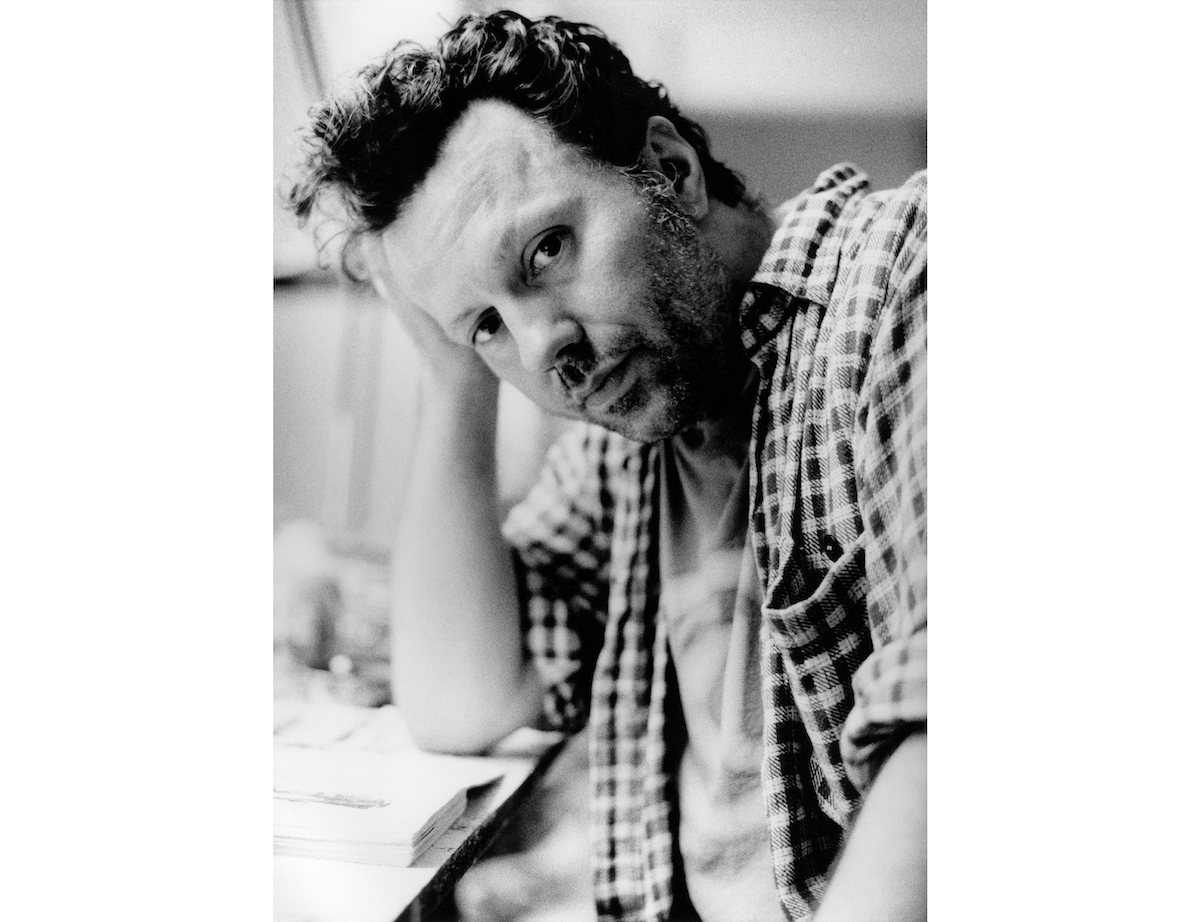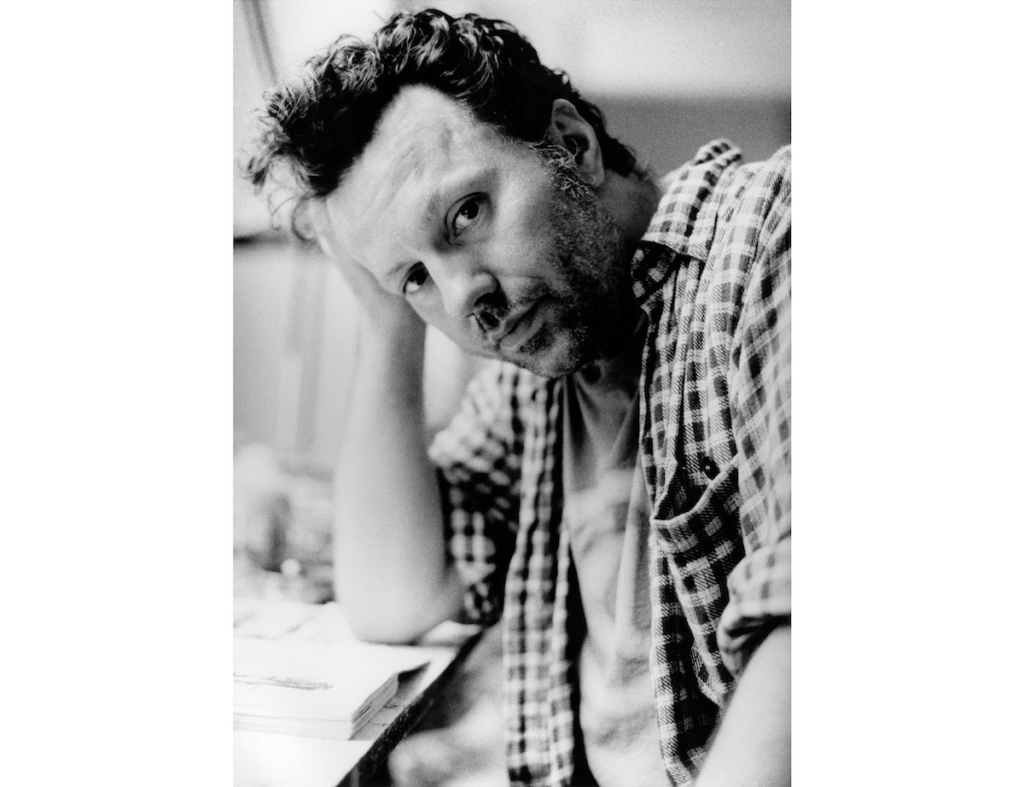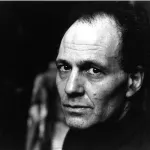
Walter Dahn, an artist whose paintings reacted against Minimalism and Conceptualism with humor and grace, earning him a cult following both within Germany and abroad, has died at 70. His death was announced on Wednesday by his gallery, Sprüth Magers, which did not state a cause.
Dahn was a member of the Junge Wilde group, an informal movement of artists that responded to the dominant styles of the day with paintings that were expressive and rough-hewn. Like many of his colleagues, Dahn drew his inspiration from self-taught art, whose nonprofessional look he borrowed for images of thickly painted men and blobby creatures.
Born in 1954 in the German town of Tönisvorst, Dahn attended the Staatliche Kunstakademie Düsseldorf, where his cohort included Sigmar Polke and Blinky Palermo. He studied with Joseph Beuys, whose conception of art as an expansive, constantly evolving form of working inspired his own practice. Dahn recalled his education under Beuys as being like “a kind of mixture of an insane asylum, kindergarten, and art school.”
During the ’80s, Dahn began painting in his signature mode and gaining acclaim for it, appearing in the 1982 edition of Documenta. Starting in 1981, he also became a member of the Die Partei, which would go on to release five albums.
Later in that decade, he took up printmaking, producing what he called “anti-silkscreens,” wherein he would produce one print, then dispose of the screen.
His fans included artist Richard Prince, whom Dahn befriended when he showed at New York’s Gladstone Gallery in 1990. Prince later collected Dahn’s work, and even organized a show of his paintings and prints for Venus Over Manhattan in 2013.
“With the loss of Walter Dahn, we bid farewell to a major artist whose wide-ranging work was in many respects visionary,” Sprüth Magers wrote in its announcement.


